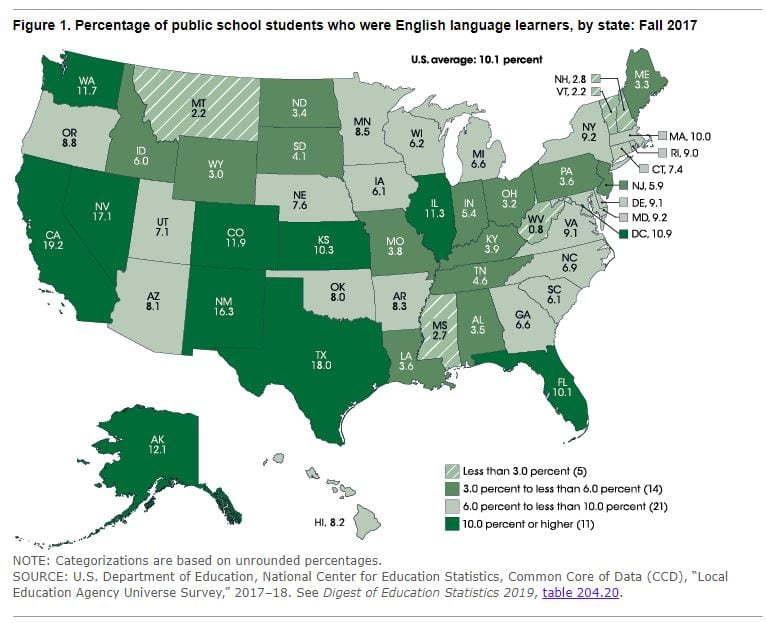A. Hello everyone, today my analysis will be connections referring to Rodriguez's text Aria.
B. I find Aria connects very closely with with silenced dialogue and intersectionality. The troubles Rodriguez faced in regards to his forced education on the English language (and subsequent 'loss' of Spanish) give a hand to a topic that has only recently been genuinely recognized. ELL education still to this day, even in my service learning placement is not at all where it should be. The fact that some teachers still have to resort to google translate and/or have students lose hours of lessons due to a communication gap is not only unfair to students, but also teachers. It's a topic not talked about enough, and even though it is talked about more today, that does not mean it is discussed sufficiently and effectively. In regards to intersectionality, it is not students faults when they hit this crossroads between language and proper education. It should be up to the schools systems to accommodate the needs of students who do not know they dominant language, no matter in the US or in a different nation. Unfortunately the US is one of the nations with ELL education being such a prominent problem. This ties into my connections and further analysis below.
C. One question I would like to leave with the class is, have any of you seen struggles with ELL accommodations whether during FNED 101 observations or with your service learning placements this semester? The article I am introducing includes some statistics on ELL students across the United States. I would have never known before looking at this that Rhode Island has one of the highest ELL percentages across the country.
Unfortunately I can't figure out how to include the most recent graphic from the article, so I'm adding an older version.

Nice blog Rey, to answer your question, I have definetely noticed separations between students whose first language is spanish and the teachers whose first language is english. I have noticed how this barrier is hard because both parties find it hard to understand the other which creates a bigger division. The teacher that I am working with does not know much (if any) spanish, making it harder to connect with the students.
ReplyDeleteRey, I really like how you connected Aria to Intersectionality. I agree that it is a problem when, just because of a student's circumstances, they aren't able to be properly educated. They have no control over what different aspects are going to make up who they are. So why are ELL students missing parts of their education and almost being punished for not knowing English?
ReplyDeleteHey Rey! In my service learning placement, there are a lot of students whose first language is not English. My placement teacher (who speaks both Spanish and English) really works on having students practice both languages. For example, depending on the student's first language she will have the student answer a question in their second language. So not really a struggle but, I think it is really beneficial to be bilingual and I'm glad my placement teacher sees that as well.
ReplyDeleteIn my service learning placement, a majority of the students first language is not english. As far as I know my placement teacher only speaks english but I did get a chance to work with another teacher in the school who speaks both english and Spanish. From my observation with this teacher she really tries to include Spanish into her lessons. During their reading lessons, she lets the class decide what book they want to read and a majority of the books are in Spanish. I don't see this as a struggle but I think its very beneficial for bilingual students and non bilingual students to see that their teacher cares about them.
ReplyDelete